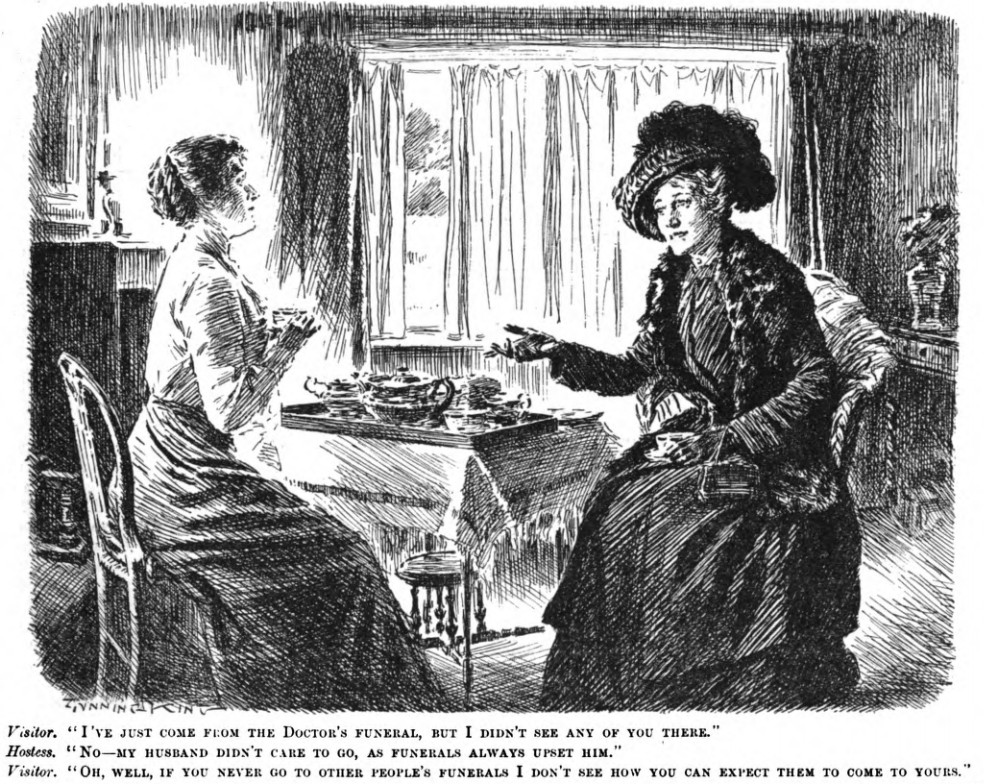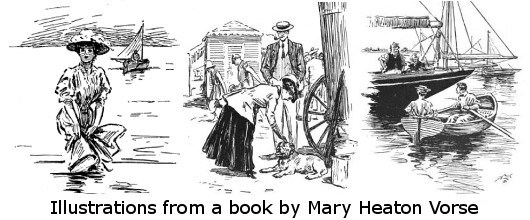Samuel Goldwyn? William Cox? Cumberland’s Comedies? Mack Sennett? Johnny Grey? Christie Comedies? Abe Stern? Carl Laemmle? Anonymous?
Question for Quote Investigator: A Hollywood movie producer had achieved great fame with opulent historical dramas. His company also released financially lucrative comedies which were embraced by audiences but lambasted by critics. While attending a lavish party the producer overheard a negative comment about the humor in his films, and he proclaimed loudly:
Our comedies are not to be laughed at.
He was confused by the uproarious laughter that greeted his remark. Samuel Goldwyn is usually identified as the perplexed speaker in this anecdote. Would you please examine the history of this inadvertent oxymoron-like jest?
Reply from Quote Investigator: This joke was assigned to Samuel Goldwyn by 1937, but it began to circulate more than one hundred years before that date.
The earliest evidence located by QI was published in the “New-York Mirror” in 1829 within a theatre profile written by a drama critic named William Cox. The profile by Cox discussed a popular performer named Mr. Richings. Boldface has been added to excerpts:1
As a vocalist Mr. Richings is rather distinguished by force than sweetness; and as a comedian, many of his efforts, like Cumberland’s comedies, are not to be laughed at.
The phrase “Cumberland’s comedies” may have been referring to the prominent playwright Richard Cumberland who crafted many comedies. The context suggested that Cox was repeating an existing joke, but it was also possible that he constructed it.
In 1833 the newspaper profiles written William Cox were gathered together and published under the title “Crayon Sketches by An Amateur”.2 The portrait of Mr. Richings was included; thus, the quip was further disseminated. The author’s name was not specified in the pages of the work, but an article in the journal “American Literature” clearly identified Cox.3
Here are additional selected citations in chronological order.
Continue reading “Quote Origin: Our Comedies Are Not To Be Laughed At”

